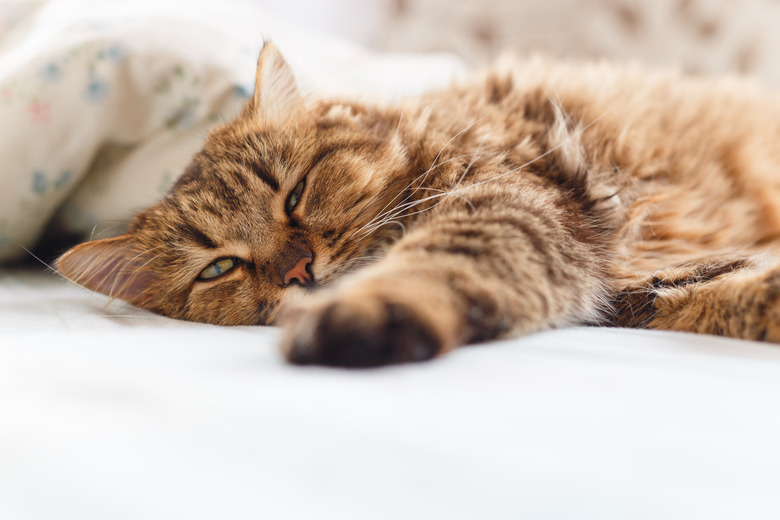Can Cats Eat Onions?
Can cats eat onions? It's a good question if your kitty tends to forage around the kitchen floor for scraps tossed her way. However, the allium family (leeks, chives, and garlic are included) isn't one to dabble in lightly when it comes to felines. The truth is that cats and onions aren't a good combination, and the same is true for a variety of other people foods. Your best bet is to stick with high-quality commercial cat foods that are recommended by your vet for optimal cat health. Make sure your floor, garage, driveway, and yard are free of pieces of food and toxic solutions that could harm your pet.
Can cats have onions?
Can cats have onions?
Tossing bits of food from your plate may seem like a fun and generous act, but when people offer their food to animals, such as dogs and cats, the results can be harmful. Not only are certain foods high in calories, sugar, and salt but the contents of some items can cause serious health complications.
This is the case with cats and onions, whether you have raw onions on hand or the onions are cooked or in powder form. And while you might not toss a raw onion ring to your kitty on the floor, she could end up with a piece of pizza crust that's been sprinkled with garlic salt, or she may lick a lasagna pan covered with a sauce of tomatoes, shallots, and other members of the onion family.
Other off-limits table foods
Other off-limits table foods
It's a good idea to memorize the list of no-go human foods for cats and dogs and to post this information where kids, guests, and cat sitters alike can all view it. Along with onions and garlic, never offer raw fish or meat, as it could contain bacteria that leads to food poisoning. Raw eggs in your kitty's bowl might have salmonella or E.coli. Alcohol and caffeine may seem like they'd never reach your cat, but if they're spilled on the floor and your pet licks them, these beverages could be dangerous.
Bones are also on the no-fly list for household cats, especially the cooked ones since they can splinter when chewed. Sharp pieces can actually poke a hole in your cat's windpipe or tear his stomach. Fat trimmings from a lamb chop or steak can lead to digestive woes, as can that innocent bowl of milk. In fact, cats are lactose intolerant, so offering any dairy means they could vomit or endure a case of diarrhea. Lastly, nix dog food in your cat's bowl even if you're out of kibble and just want to tide him over until you go to the store, as canine formulations differ from the ones meant for cats.
Signs your cat is poisoned
Signs your cat is poisoned
Even if you're super careful around your home and yard, cats are curious creatures and may ingest something they shouldn't. Watch out for the signs of a possible poisoning whether it's due to onions, another food, or a chemical that's used outside. These signs may include drooling, coughing, twitching, rapid breathing, stomach pain, unsteady walking, weakness, or a loss of appetite.
If you can, bring the label of the product your cat sampled or a piece of the plant she chewed to help the vet with a diagnosis. To prevent future mishaps, clean up spills on the garage floor and driveway and store pesticides, rodenticides, and other harmful chemicals out of your cat's reach. If houseplants are your game, display them where your kitty can't easily nibble them.
